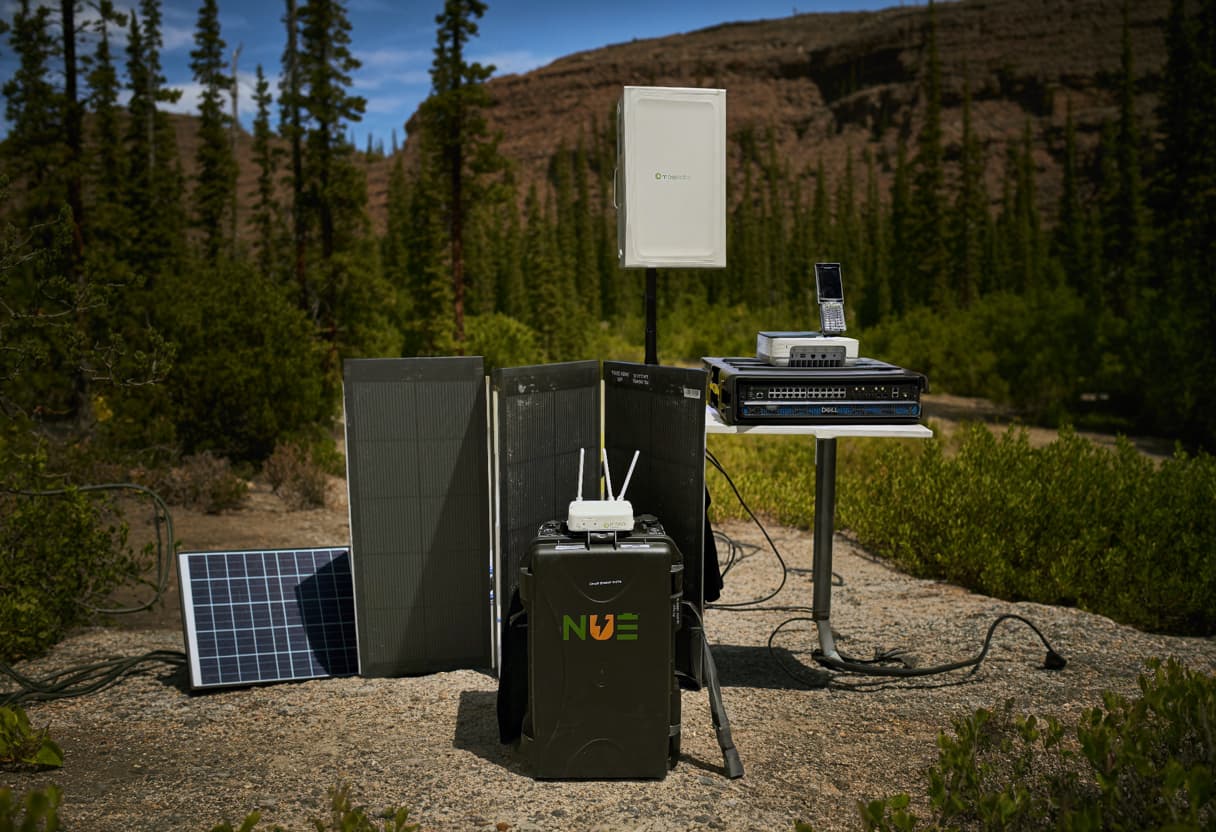AD preliminary determination higher than expected

The U.S. Department of Commerce on Nov. 29 announced its preliminary affirmative determinations in the antidumping duty (AD) investigations of crystalline PV cells, whether or not assembled into modules, from Cambodia, Malaysia, Thailand and Vietnam. Commerce is conducting concurrent countervailing duty (CVD) investigation of PV cells from the same Southeast Asia countries.
According to analysis from Roth Capital Partners, the country-wide cash deposit rates came in much higher than expected at ~117% for Cambodia, ~18% for Malaysia, ~58% for Thailand, and ~271% for Vietnam. There were many “adverse inference” findings, and country-wide rates came in close to the petitioners’ original AD margins from April.
Roth expected an overall combined AD/CVD rate somewhere in the 30-50% range. Given the preliminary CVD rates ranging from ~3% to 23% and using a blended 15%, this suggests AD rate expectations of 15-35% (mid-teens % for Thailand and Malaysia and higher Vietnam and Cambodia rates, especially Vietnam as a non-market economy (NME)). Roth noted that these are preliminary results and that historically final rates end up being lower vs. preliminary rates.
Commerce also found critical circumstances for Thailand and Vietnam, but JKS and JA Solar were excluded in Vietnam.
The petitioners’ original suggested AD margins were ~126% for Cambodia, ~81% for Malaysia, ~70% for Thailand, and ~271% for Vietnam. The country-wide AD margins in the preliminary determination came in at ~125% for Cambodia, ~21% for Malaysia, ~78% for Thailand, and ~271% for Vietnam. Most of the AD margins and cash deposit rates were close to inline with the petitioners’ rates, except for Malaysia, which was significantly lower at ~17%. Mandatory respondent and petitioner Hanwha received a de minimis Malaysia rate of 0%.
Roth previously reported that Cambodia could receive a rate of ~125% due to an “adverse inference” finding because the two mandatory respondents withdrew from the case on Oct. 15. This was correct, and the total cash deposit rate came in at 117%. Trinasolar’s estimated AD margin of ~78% served as the country-wide rate in Thailand, as the two other mandatory respondents received adverse inference findings. The cash deposit rate in Thailand came in at ~58% overall after adjusting for export subsidies.
Jinko Solar received a much lower company-specific rate in Vietnam at ~56% vs. a country-wide rate of ~271%. As a mandatory respondent, Jinko Solar received a company-specific rate in Malaysia of ~18% and Vietnam of ~56%. While the company’s Malaysia rate was inline with the country-wide rate, Jinko Solar’s Vietnam rate was significantly lower vs. the country-wide rate of ~271%. Nearly all other mandatory respondents, including JA Solar, Boviet (Private), and Trina, received similar rates in the mid-50s % range in Vietnam.
Commerce issued a preliminary, country-wide affirmative finding of critical circumstances in Vietnam, but Jinko Solar and JA Solar were exempted. According to the filings, “Commerce preliminarily determines that critical circumstances exist with respect to imports of solar cells from Vietnam for the non-selected companies eligible for a separate rate and the Vietnam-wide entity, but that critical circumstances do not exist for mandatory respondents JA Solar Vietnam Co. Ltd (JA Solar) and Jinko Solar (Vietnam) Industries Company Limited (Jinko Vietnam).” Both companies provided monthly shipment data of the subject merchandise for the period of review, and Commerce determined that there was not a “massive surge of imports” of >15%.
Critical circumstances were also found in Thailand. According to the filings, “Commerce disagrees with Canadian Solar that imports have not been massive” and found a >15% surge of imports based on the mandatory respondents’ import data during the period of review.
Commerce’s final determinations (FDs), which are expected to be aligned for AD and CVD, are now currently scheduled to release on April 18, 2025. According to the filing, “Commerce is postponing the final determination and extending the provisional measures from a four-month period to a period not greater than six months. Accordingly, Commerce will make its final determination no later than 135 days after the date of publication of this preliminary determination.”




Comments are closed here.